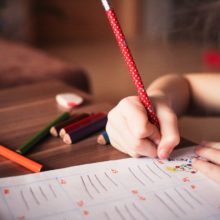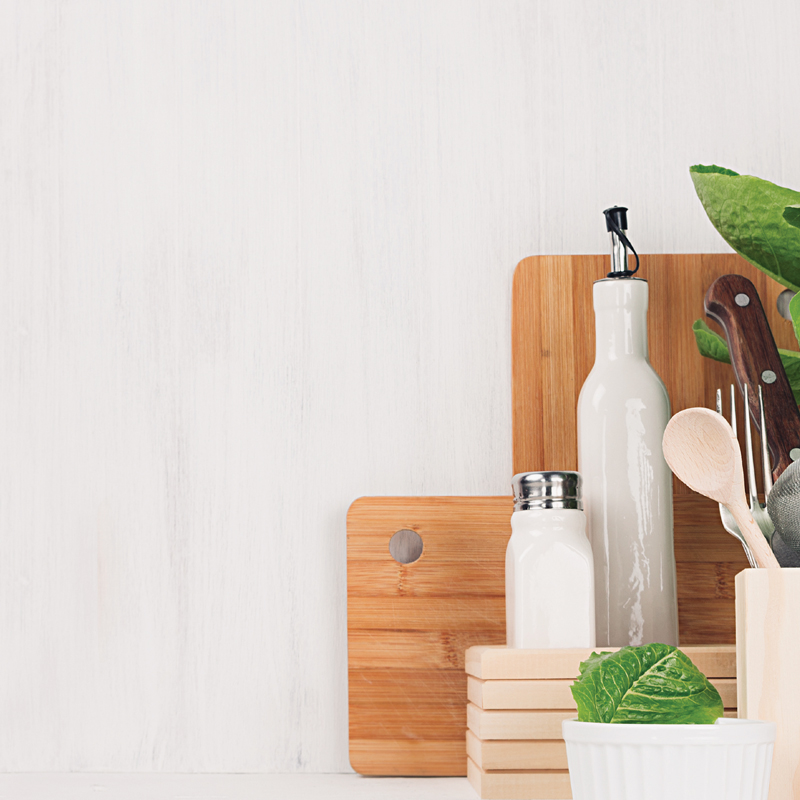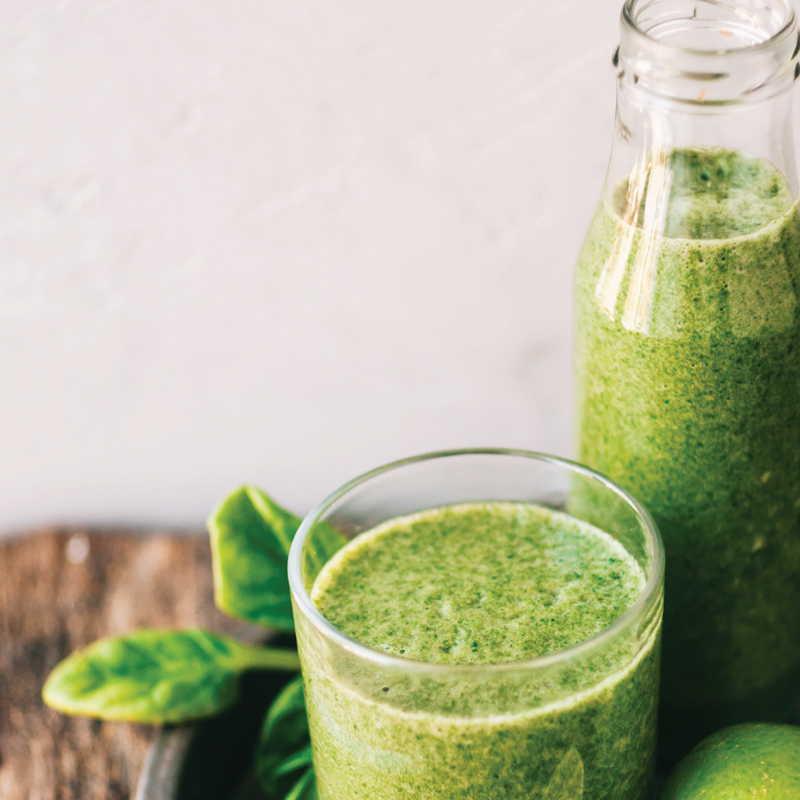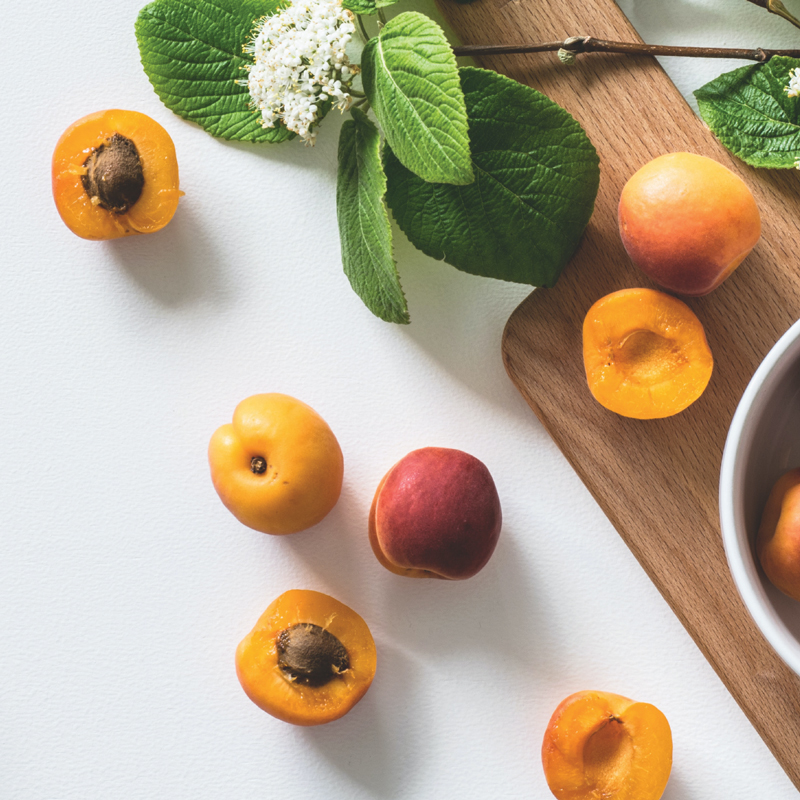
What’s causing our kids’ anxiety?
One of the more disturbing changes I’ve noticed while treating children over the past decade is the number of kids, sometimes as young six, being diagnosed with anxiety.
For some children, this anxiety is related to another diagnosis they have been given – like ADD, ADHD, ODD, OCD or Autism – while others experience anxiety on its own.
Today I want to share signs to look out for, as well as strategies for helping your child deal with and reduce their anxiety.
What is anxiety?
We all experience anxious feelings at times in our lives – when faced with a threatening situation, our fight or flight response kicks in, our adrenaline starts pumping and we get ready to escape danger. Anxiety is when these anxious feelings don’t go away.
Many kids become fearful and anxious in new situations, however most kids develop ways to cope with these fears and worries.
Signs of anxiety to look for:
-
Your child is more fearful or worried than other children of the same age
-
They often seek reassurance or cling to you
-
Your child’s fears stop them from participating in activities that other children their age do
-
They prefer to watch others than have a go
-
They don’t want to get ready for school
-
They tell you they have physical pains, such as stomach pains or headaches
-
Your child asks for help with things they can do themselves
-
They get upset easily and cry over small things
-
Your child’s fears seem out of proportion to the issues in their life
-
They always see the negative or dangerous side of things
-
They have trouble going to sleep, or won’t sleep without a parent or adult
What is the cause of kids’ anxiety?
Unfortunately, there is no one answer as to why kids develop anxiety. It’s different for every child and there are lots of different factors that can contribute to their anxiety. These include:
-
Family history – some parents are nervous or anxious by nature, and this can be passed on to children. Naturopaths use iridology to look for these inherited nervous system patterns.
-
Stressful or traumatic events can trigger anxiety in kids
-
A stressful or traumatic pregnancy can have impacts on your child
-
Genetic or familial conditions can contribute to anxiety. For example, pyrrole disorder is a chronic deficiency in Zinc and B6 which may impact the development of a child’s nervous system and stress coping.
-
Genetic variations such as MTHFR gene
Strategies for helping an anxious child
The good news is, there is a lot you can do to help your child if they are experiencing anxiety, and the first thing should be to seek help. If anxiety is affecting your child, getting help early is the best thing you can do for them. Beyond Blue has some great tips for helping your child deal with anxiety.
There are also a number of other contributing factors that you can look at to help support your child and reduce their anxiety:
Dietary
-
Determine if your child has any food intolerances – if they are eating foods that cause inflammation, this will inflame and heighten their nervous system. A simple IgG food intolerance test will help work out which foods could be causing inflammation.
-
Eat to balance blood sugar – avoid foods that cause a spike in blood sugar levels, because once your child’s blood sugar levels inevitably drop, it causes spike in anxiety and poor concentration. For example, a bad choice for breakfast is sugary cereals, or even something like weetbix, milk and sugar. A better choice is scrambled eggs or an omelette, which is high in protein and low in sugary carbohydrates.
Lifestyle
-
Reduce screen time – too much time in front of a screen over-stimulates kids’ brains, making it hard to get to sleep.
-
Exercise – kids need to exercise every day. For example, if your child finds the stress of going to school too much, coming home and jumping on a trampoline for 20 minutes is a great way for them to get rid of that nervous energy.
-
Family time – the importance of family time cannot be overestimated. Being together as a family gives kids a strong sense of belonging and reduces their fears and worries.
Supplements
There are a lot of natural remedies to help kids with anxiety retrain their nervous systems, without having to resort to medication.
-
Magnesium – kids are often deficient in magnesium, which plays a big role in helping to keep them calmer and more relaxed during the day. It comes in a powder form, which is great, as you can add it to a protein smoothie for breakfast. Magnesium also increases GABA (a neurotransmitter) that puts the brakes on the brain’s activity, which is particularly good for helping with sleep issues and ADD.
-
Zinc – supplements of zinc have been shown to raise GABA levels, which can help improve anxiety symptoms. It’s important to see a Naturopath to make sure your mineral levels are as they should be, as zinc and copper ratios need to be kept at 1:1 for optimum mental health.
-
B6 – taken as part of a B complex is essential for the production of neurotransmitters, which serve as signal carriers to the brain, including serotonin (linked with depression) and GABA (for calming the brain). Kids who eat a lot of processed foods are often deficient in B6.
-
N Acetyl Cysteine (NAC) – this is a precursor to the production of Glutathione – one of the major antioxidants produced by the body, particularly high in the brain. NAC has been shown to reduce inflammation in the brain, which has been linked to both anxiety and depression.
-
Herbal medicines – there are also a number of herbal medicines that can help kids suffering from anxiety. Neurocalm and Kava are two that we regularly recommend that are very safe and effective.
-
Melatonin – is wonderful for kids who are having a lot of trouble getting to sleep. It has to be prescribed by a GP, but can be taken for a period of time until we can can get control of the underlying anxiety and help them form regular sleeping patterns.
If you are concerned your child might be suffering from anxiety and you would like some free advice from our qualified Naturopaths, drop in to the Herb Bar anytime Monday through Friday from 8am – 1pm or Saturday 9am – 1pm. No appointment necessary and a qualified Naturopath will be on hand ready to assist you with free advice, practitioner grade natural supplements and herbal medicines. The Herb Bar is located at Mullen Natural Health Centre, 16 Murray Street Hamilton NSW 2303.







